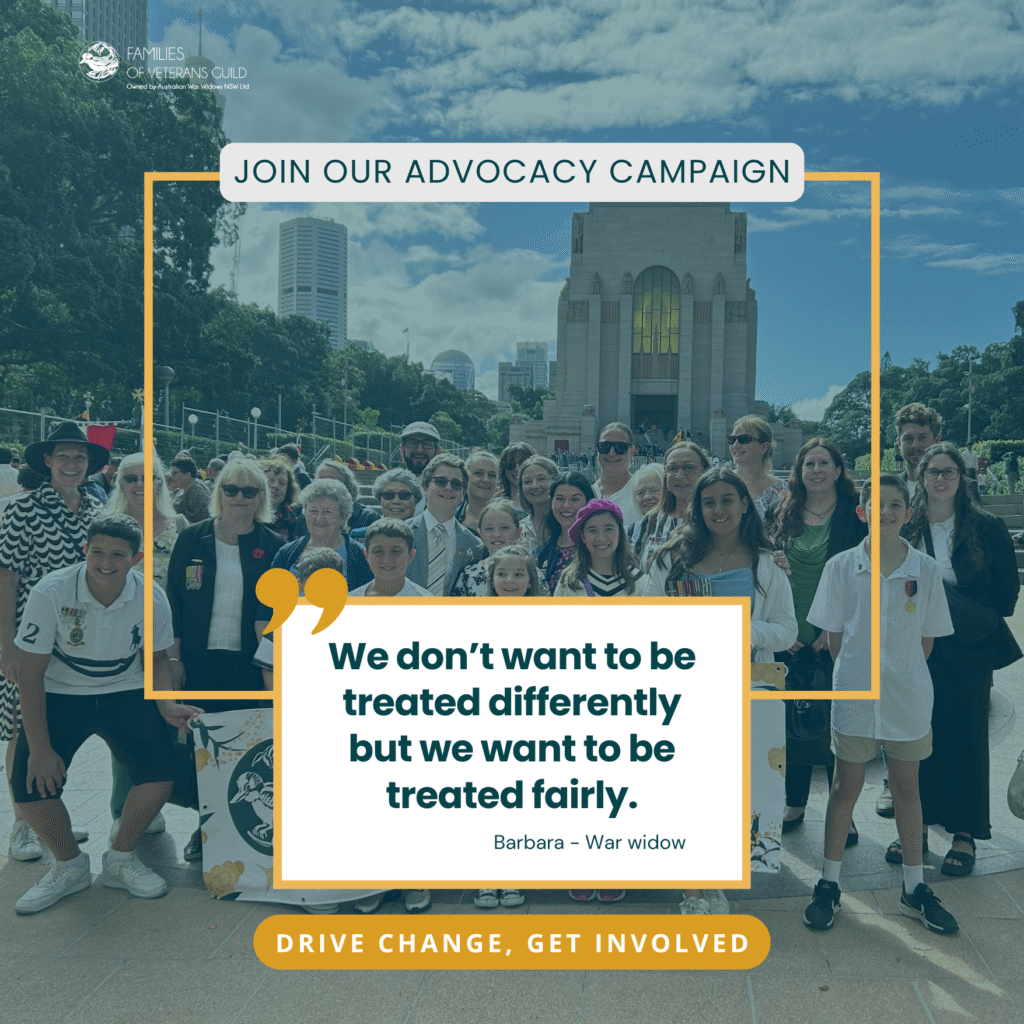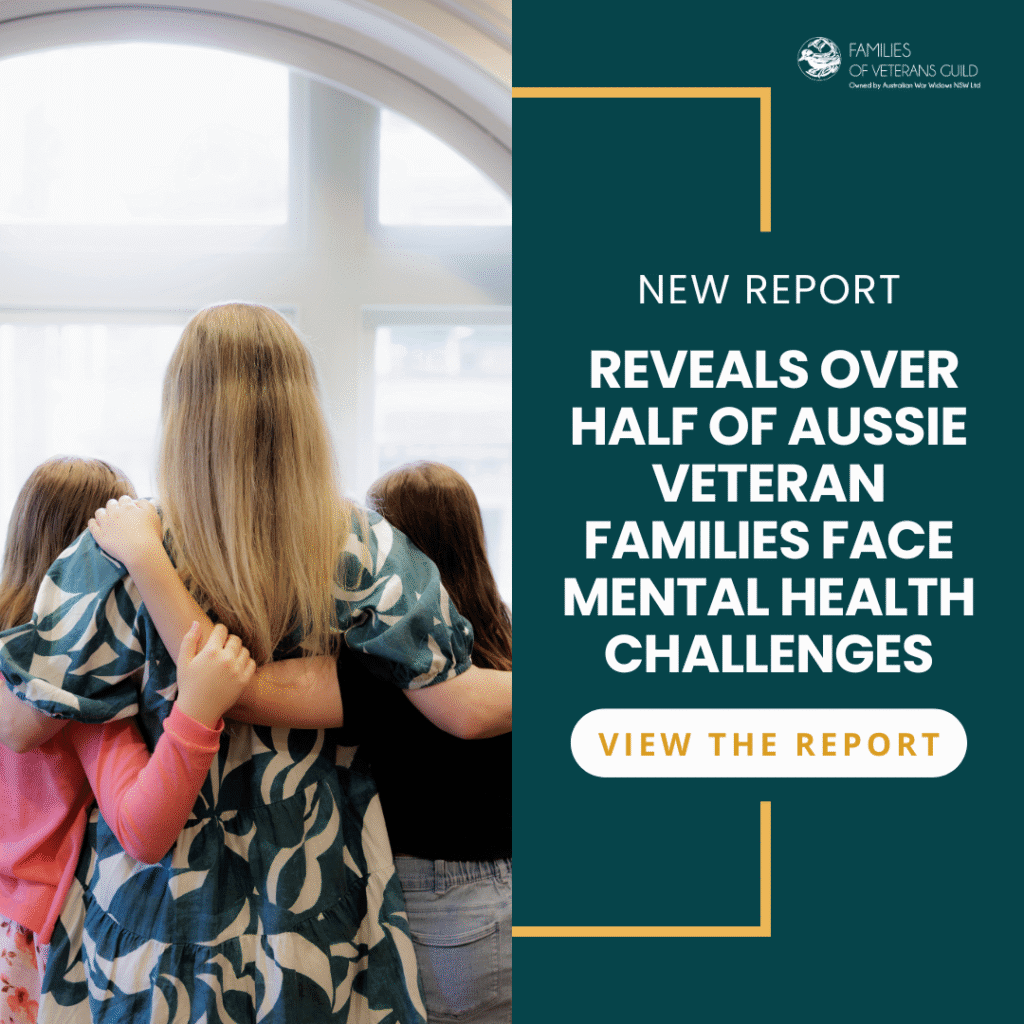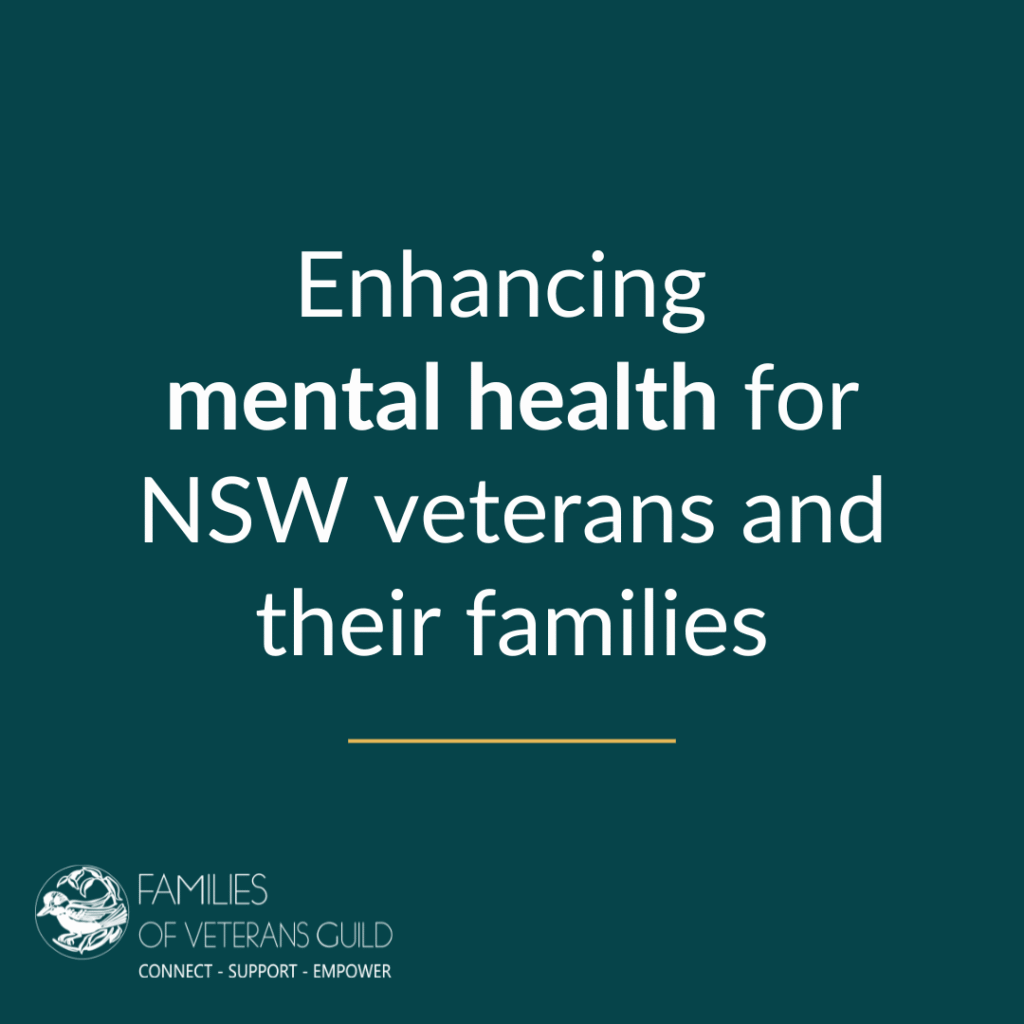In August, the Royal Commission into Defence and Veteran Suicide released it\’s interim report. The report provided an overview of the issues it had uncovered and made a series of recommendations.
For those of us in the veteran community and who have lived through the system and it\’s impacts, there isn’t much new in here. For the Australian public however, I imagine there was a lot new. Perhaps even a realisation that the system isn’t fit for purpose and fails to meet community expectations. I myself still remember sitting in my GP’s office as she is building me a mental health plan and seeing the shock on her face when I advised her that support for me as the spouse of a veteran was limited to open arms and that I didn’t want to deal with their red tape I just needed help.
Veteran families too need help and support
Veteran families need to be at the centre of the system, because they are the heart and the solution. But they too need help and support. They too need streamlined access to services and have their needs met. If we are serious about reforming the system and better supporting our veterans, we must support those who support them. Because that’s what the Australian community expects.
The evidence provided to the Royal Commission has shown what we have known for some time. The veteran system is antiquate, unnecessarily complex and full of barriers. It leaves veteran families on the ‘front line’ of support with little to no support themselves in their own right. And, when the worst happens, the system is slow to respond, we have heard many stories of widows of suicide being left in a financial black whole while they await claims processing and widows who are left alone and unsupported because they are continually having death claims rejected.
Lack of support for children
Most critically, we have heard how the children of Afghanistan veterans in particular are bearing the burdens of their parent’s war service. Tragically 1,200 Australian veterans have been lost to suicide in the last two decades. The impact on their families is immense and the evidence the commission has heard to date shows this.
Yet there continues to be a lack of appropriate psychiatry, psychological and trauma recovery support for children under 15 and those over 18 who carry the burden of their parents’ death and believe they are responsible for their parent’s behaviour or death.
This is why we are advocating strongly for:
- the provision of appropriate psychology and psychiatry services for children of veterans
- the inclusion of veterans’ families within the reformed veteran support system; and
- the reestablishment of the National Commission into Defence and Veteran Suicide to ensure these difficult lessons only need to be learned once and, that the system is reformed and delivers what Australians expect.
The interim report has established what many of us know the veteran system has struggled to keep up with the changing needs of veterans and their families. But now is the opportunity to reform it.
We need to tell your stories
It is important to remember this isn’t the end of the Royal Commission’s investigation, but we need more evidence before it about your experiences. We need more widows and families to come forward and tell their stories. We can help you and link you with services that are established to help you provide your evidence and experience. Written submissions close in October 2023. Contact us on 02 9267 6577 or guild@warwidowsnsw.com.au to find out more.
You can also listen to a podcast by Life On the Line in which Afghanistan Veteran and Special Forces Operator Wes “H” Hennessey, host Alex Lloyd and I dissect the interim report and discuss the recommendations in detail.
– Renee Wilson, CEO AWW NSW



